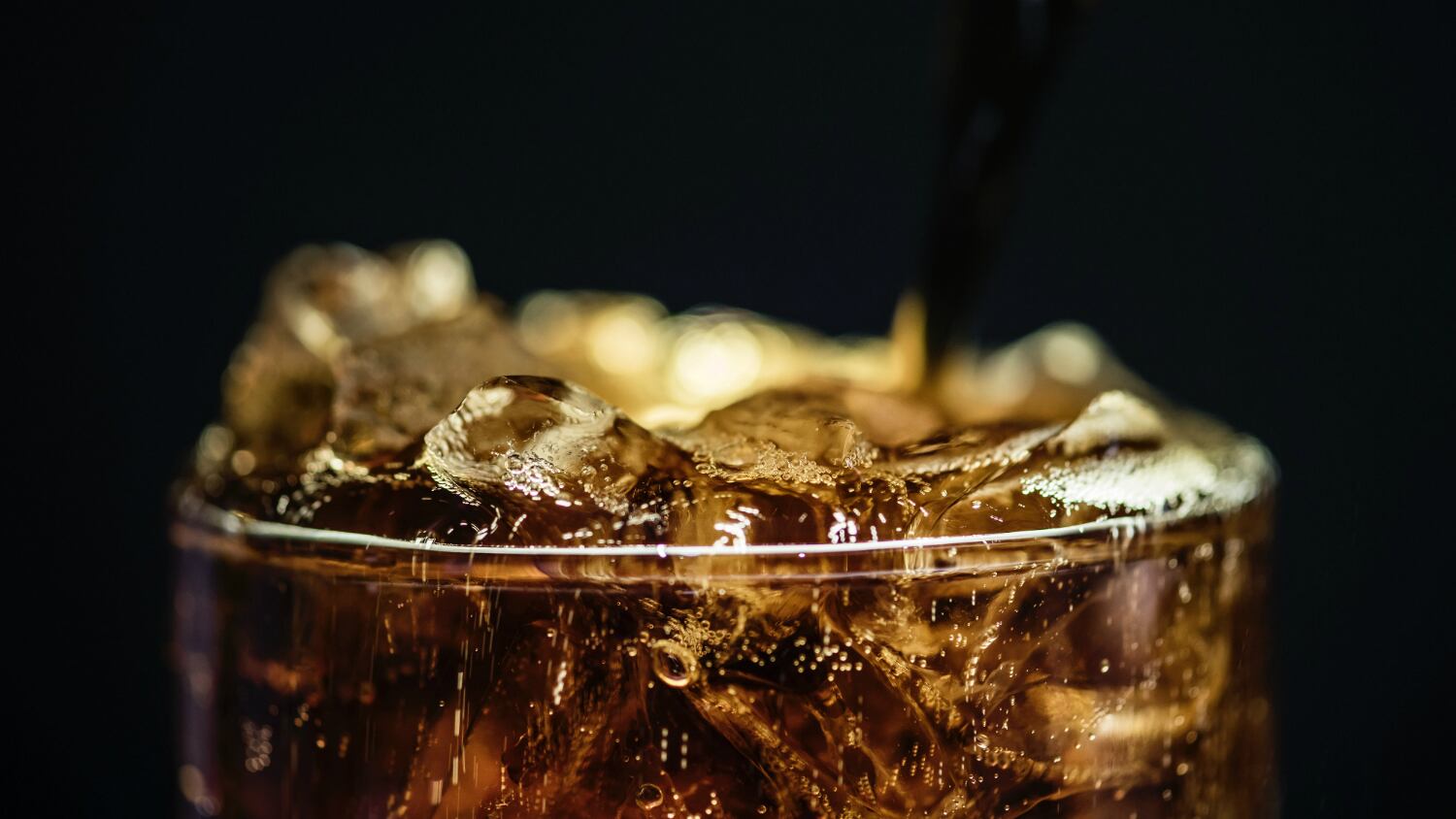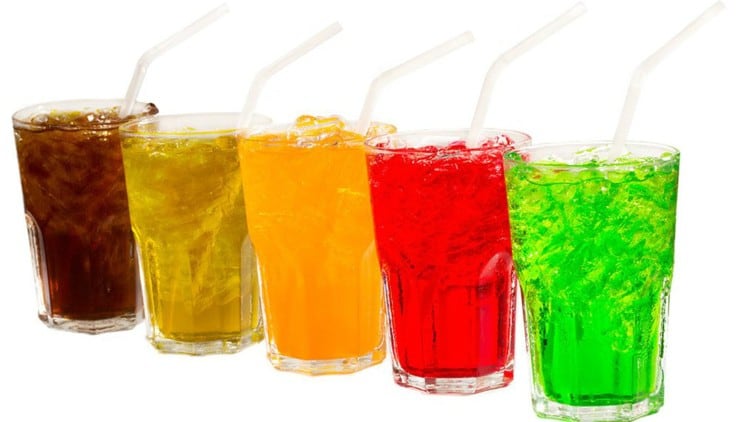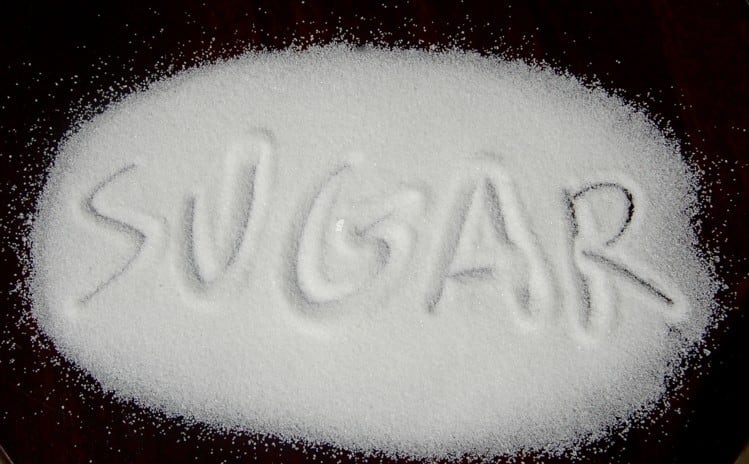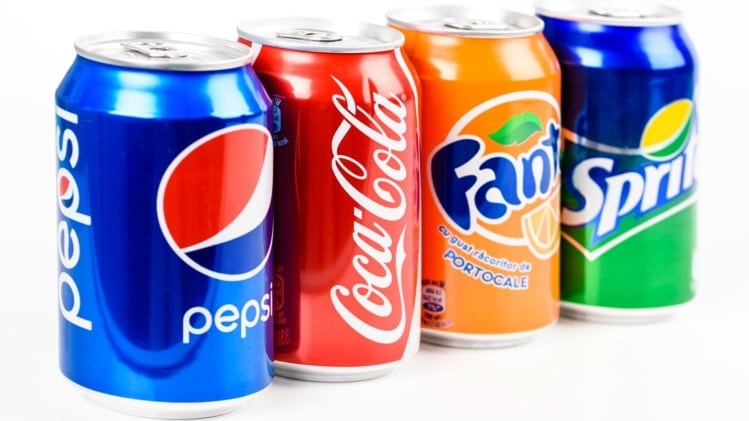"New Zealand relies on industry self-regulation and has called for better labelling so individuals can take responsibility for their own sugar intake," said lead researcher Dr Kirsten Robertson.
“[The onus with self-regulation] falls on individuals to regulate the quantity and serving size of sugar they consume from SSBs. However, the present findings show SSB consumers are less likely than others to try to avoid sugar or calories.
“Our findings clearly show that compared to non-SSB consumers, SSB consumers are more likely to eat an adverse diet and are less likely to make a conscious effort to eat healthily.”
The study was conducted via a cross-sectional survey of over 2,000 New Zealanders. The data was obtained from the New Zealand Lifestyles Study, which is a national survey regularly conducted on consumers by the University of Otago since 1979.
The aim of the study was to examine whether SSB consumers could consciously control their diets. Participants’ food and beverage intake across 24 hours was measured, along with their ‘intentions to eat healthily’.
Overall, the researchers found that 30.5% of the survey participants consumed SSBs and 10.5% of these had consumed two or more of these drinks. No gender differences were observed.
Apart from self-control, SSB consumers were also found to be more likely to eat unhealthy food (e.g., snacks; confectionery; fast food, etc.), less likely to eat healthy food (e.g. a meal made from scratch), and less likely to check food labels.
This group was also unlikely to consciously try to eat healthily, avoid pre-prepared food or avoid high-fat, high-sugar, high-caloric or high-additive foods.
“[This raises] significant concerns regarding the efficacy of soft intervention measures, for instance, relying solely on industry self-regulation. Thus measures to increase individual responsibility such as better labelling […] are unlikely to be effective,” said the study.
“[Given] the current findings that SSB consumers show limited healthy eating behaviour (or indeed control of sugar intake), we feel a sugar tax is justified.”
Obesity and sugar concerns in New Zealand
The Organisation for Economic Co-operation and Development (OECD) reported that 66.8% of New Zealanders over the age of 15 were overweight or obese, as of 2017.
“New Zealanders consume approximately 37 teaspoons of sugar a day,” added the researchers.
“This is in stark contrast to World Health Organisation (WHO) recommendations of no more than 12 teaspoons of sugar per day for an average adult.”
“Further, 17% of New Zealand adults total sugar intake comes from SSBs”
According to the study, although New Zealand is ‘firm’ about reducing sugar content, ‘Big Businesses’ opposes it, citing the ‘consumer freedom to make their own choices’ argument.
“[However], the food and media industry have created an obesogenic (obesity promoting) environment in which energy dense, processed, and inexpensive foods have made unhealthy choices the default choice,” the researchers said.
They added that this obesogenic environment has altered weight control from being an ‘instinctual’ action, to one that requires ‘significant cognitive effort’.
“[If] SSB consumers are a product of the obesogenic environment and engage in a general pattern of unhealthy eating, […] government regulation would be necessary,” they said.
Public support for sugar tax
Calls for a sugar tax implementation in the country appear to be growing, as evidenced by the results of a recent University of Auckland UMR poll.
80% of New Zealanders between the ages of 18 and 30 were found to support a sugar tax, 15% more than in 2017.
Public health researcher Dr Gerhard Sundborn described this outcome to the New Zealand Herald as a ‘huge surprise’, because this group was one of the ‘largest adult consumers of soft drinks’.
The New Zealand Beverage Guidance Panel predicts that a sugar tax would work both upstream (encouraging reformulation and low-sugar products) and downstream (discouraging consumers by passing on costs) to affect sugar consumption.
Sugar tax around the world
Malaysia recently announced the implementation of a sugar tax on SSBs, to commence in April 2019 after months of mulling. Beverage giant F&N has already responded to this with possible price hike considerations for over 90% of its products.
Elsewhere, Saudi Arabia and the United Arab Emirates have imposed a 100% tax on energy drinks and a 50% levy on carbonated drinks, whereas Thailand is phasing a sugar tax in over six years.
The Philippines has already gone ahead with a SSB tax via the implementation of the first part of its tax reform programme TRAIN, which has purportedly led to the country’s nine-year-high inflation rate of 6.7% earlier this year.
Source: PeerJ
https://doi.org/10.7717/peerj.5821
Supporting a sugar tax in New Zealand: Sugar sweetened beverage (‘fizzy drink’) consumption as a normal behaviour within the obesogenic environment.
Authors: Robertson, K. et. al.





